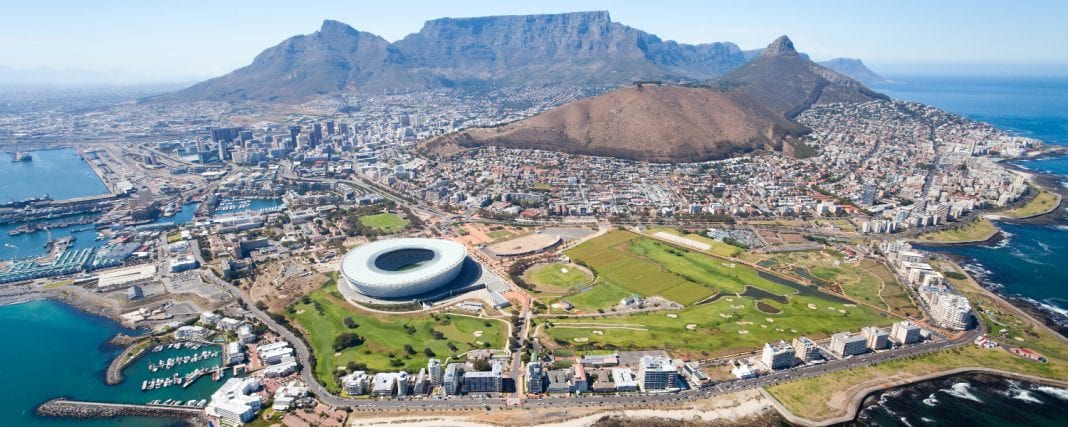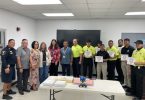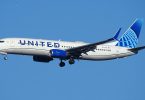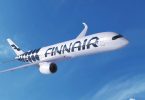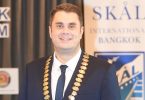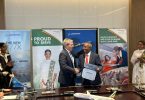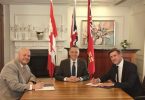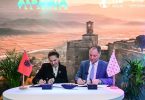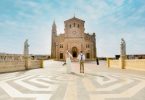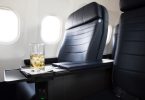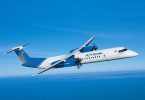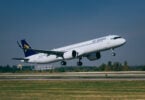Bangkok, Thailand – Protesters occupying Bangkok’s two airports braced for a raid Thursday night after Prime Minister Somchai Wongsawat declared a limited state of emergency authorizing police to take back the terminals.
Meanwhile, rumors swept the city that the military would instead stage a coup to end the monthslong standoff between the People’s Alliance for Democracy and the elected government, which the alliance has vowed to topple.
Thousands of tourists were left stranded since flights in and out of the capital were grounded Tuesday when protesters occupied Suvarnabhumi international airport. The group seized the smaller Don Muang airport on Wednesday.
Somchai did not say when authorities would move in.
But even before the announcement, protesters at the international airport donned goggles and helmets, and first aid stations handed out surgical masks in anticipation of a police raid. The group’s “guards” were patrolling the area with slingshots and metal batons. Many also carry concealed handguns.
Speakers from a makeshift stage repeatedly yelled: “Are you scared?” The crowd roared back: “We’re not scared!”
Speculation that the military stage a coup intensified after Thailand’s powerful army commander Gen. Anupong Paochinda suggested Wednesday that Somchai call new elections, and the prime minister rejected the idea. The whispers were further fueled by press reports Thursday tank movements that the military later said were only a training exercise.
In September 2006, the military ousted former Prime Minister Thaksin Shinawatra in a bloodless coup after months of protests by alliance. The group says the prime minister, who is Thaksin’s brother-in-law, is merely the former leader’s puppet.
They accuse Thaksin and his allies of corruption and abuse of power. Thaksin is in exile, a fugitive from a conviction for violating a conflict of interest law.
In a televised address from the northern city of Chiang Mai, Somchai accused the group of “holding the country hostage and the public hostage.” Somchai has been in the pro-government stronghold since he returned from a summit in Peru on Wednesday.
“It will take years before we can restore confidence,” he said.
The protests, which gathered pace three months ago when demonstrators overran the prime minister’s offices, have paralyzed the government, battered the stock market, spooked foreign investors and dealt a serious blow to the tourism industry.
The state of emergency, which is limited to areas around the two airports, empowers the government to suspend some civil liberties, including restricting the movement of people and prohibiting mass assembly.
A state of emergency was declared once before in the three months since the protesters seized the prime minister’s office, but there was no move to take advantage of its provisions, apparently because the army was reluctant to take on the alliance, which at the time enjoyed greater popularity.
A crackdown could also force a confrontation between the government and the army, which has taken a soft line toward the protest movement. Somchai said that navy and air force personnel would help the police, but was vague about any participation by the army, saying only the government would also ask the army “to help take care of the people.” Gen. Anupong in his Wednesday remarks ruled out the use of force by the army.
“If the government uses an emergency decree and decides to crack down on protesters, the army may decide to intervene to prevent that,” said Panithan Wattanayagorn, a political science professor at Bangkok’s Chulalongkorn University.
There were no obvious signs of police or military around the airport on Thursday night.
Until now, Somchai has not tried to forcibly oust protesters from his office compound and urged police to exercise restraint during the group’s forays outside the walls. Still, at least six people have been killed thus far in political violence.
“The prime minister says we have to use peaceful means,” said government spokesman Nattawut Sai-kua. He said security officials would first negotiate with the protesters and “go step by step, adhering to international standards and the law.”
But a protest spokesman said the group would not negotiate.
“They (the police) have not sent anyone to negotiate with us,” said Suriyasai Katasila. “We will hold our ground. We will not negotiate unless the government resigns.”
Earlier Thursday, the government and the army both denied that there might be a coup.
“As the army chief has said many times, a coup will not resolve anything and there is no planning going on to stage one,” army spokesman Col. Sansern Khaewkamnerd told The Associated Press.
But the reassurances seemed to do little to quell fears.
The Nation newspaper reported on its Web site that several businesses in the capital sent their employees home early in anticipation of a possible military takeover, which could be accompanied by a curfew and other limitations on movement. Several government offices also closed early.



